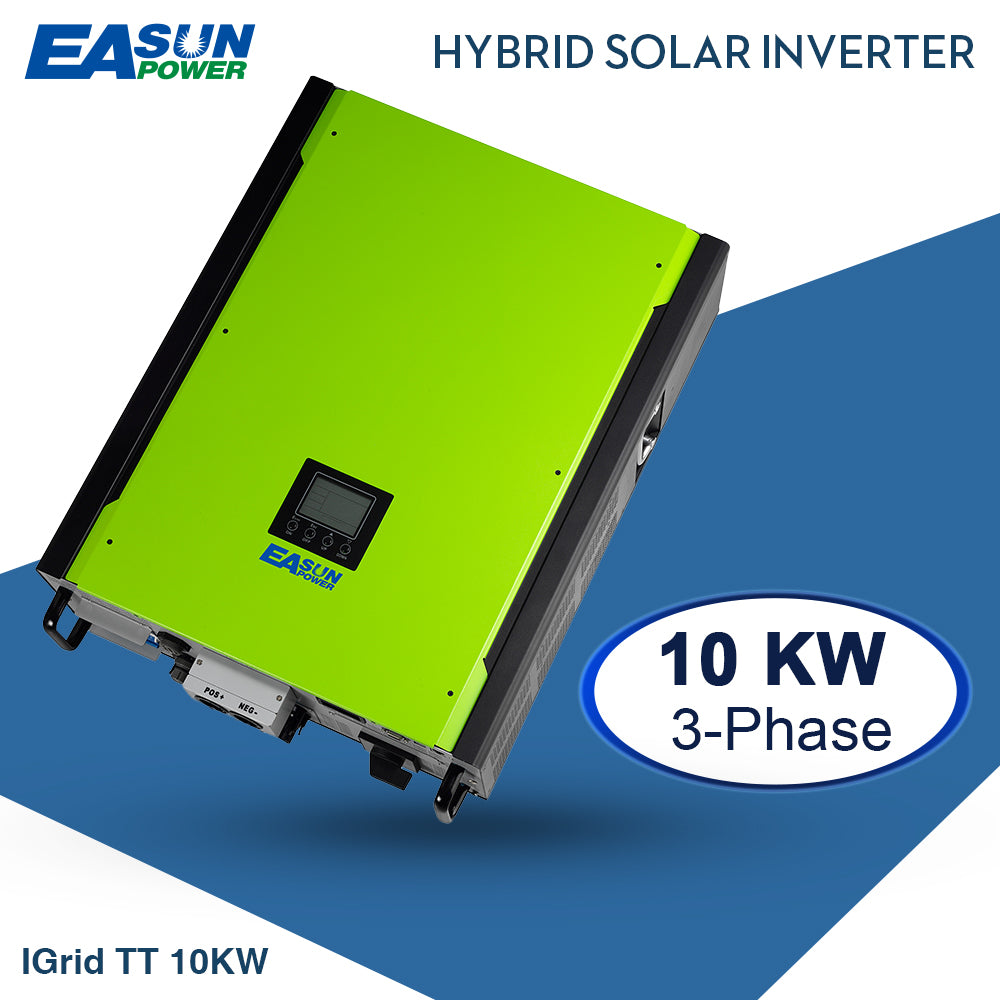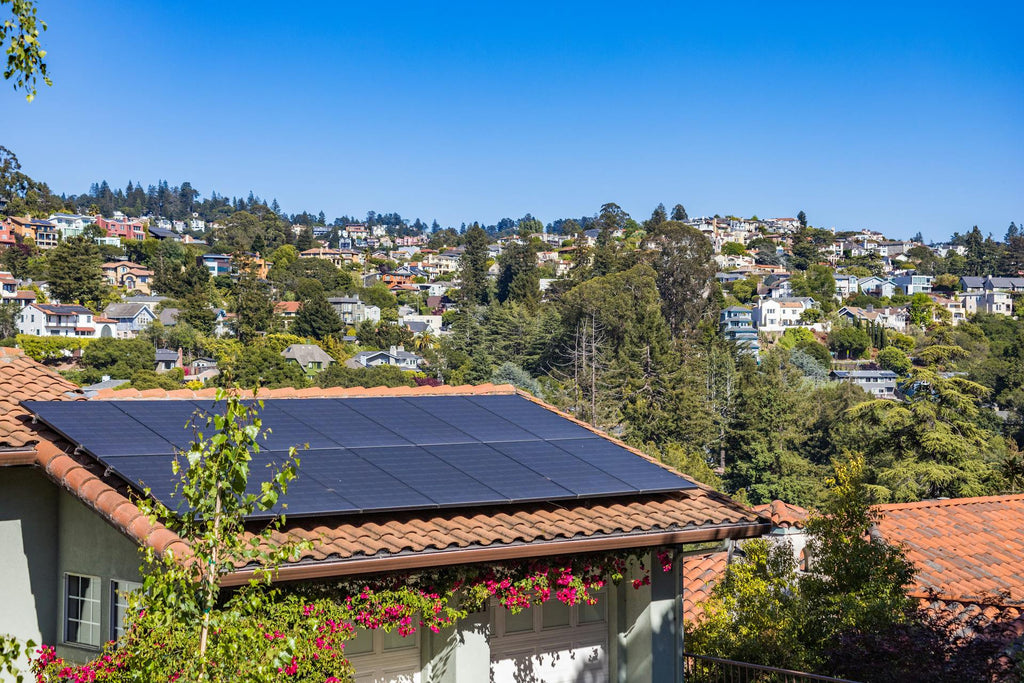
Can A Hybrid Solar Inverter Work Without Batteries?
Hybrid solar inverters represent a significant advancement in renewable energy technology. In this article, we'll examine whether these inverters can operate efficiently without batteries, exploring their functionality and potential applications.
How Does a Hybrid Solar Inverter Work?
A hybrid solar inverter serves as the nexus between solar panels, batteries (if present), and the electrical grid. During sunlight hours, solar panels convert sunlight into electricity, which the inverter then converts into usable AC power for household appliances. Simultaneously, surplus energy can be stored in batteries or redirected to the grid. Conversely, during low sunlight or at night, stored energy or grid power can seamlessly supplement electricity requirements.

Does a Hybrid Solar Inverter Have an Inbuilt Battery?
Well, it depends. Some hybrid inverters come with an integrated battery, while others require an external battery system to be connected. The primary function of a hybrid solar inverter is to manage both solar energy from solar panels and grid electricity, as well as store excess energy in batteries for later use.
Can a Hybrid Solar Inverter Work Without a Battery
Yes, indeed. A hybrid solar inverter can operate efficiently even in the absence of batteries. Its innate intelligence enables it to dynamically manage energy flow, seamlessly switching between solar power, stored energy (if available), and grid electricity. Hence, while batteries augment energy storage capacity and enhance self-sufficiency, they are not imperative for the functionality of a hybrid solar inverter.
Benefits of using a Hybrid Solar Inverter
A hybrid solar inverter has many to offer:
- Optimizes self-consumption of solar energy, reducing reliance on grid electricity and lowering utility bills.
- Enables feeding surplus energy back into the grid, allowing users to benefit from financial incentives through net metering or feed-in tariffs.
- Provides uninterrupted power supply during power outages through seamless transition between energy sources.
- Enhances energy independence and resilience, especially in regions prone to grid instability or blackouts.
- Offers flexibility in energy management, allowing users to prioritize between using stored energy, grid power, or solar energy based on their needs and preferences.
- Reduces carbon footprint by promoting the use of clean, renewable energy sources like solar power.
- Integrates seamlessly with existing solar PV systems, allowing for easy retrofitting and upgrading to hybrid functionality.
- Enables remote monitoring and control, providing users with real-time insights into energy production and consumption for better management and optimization.
Extended Reading: Hybrid Solar Inverter: Pros and Cons

Can You Use a Hybrid Solar Inverter for Off-Grid Living?
Yes, you can use a hybrid solar inverter for off-grid living, but there are some considerations to keep in mind. Hybrid solar inverters are designed to work with both solar panels and batteries, making them suitable for both grid-tied and off-grid applications.
How a hybrid solar inverter can be used for off-grid living:
- Solar Power Generation: The primary function of a hybrid solar inverter is to convert the DC power generated by solar panels into AC power for use in your home.
- Battery Charging: In off-grid setups, batteries are essential for storing excess solar energy generated during the day for use at night or when sunlight is not available. Premium hybrid solar inverters can efficiently charge these batteries using solar power.
- Power Backup: During periods of low sunlight or when energy demand exceeds solar generation, the hybrid inverter can draw power from the batteries to provide continuous electricity supply to your home.
- Generator Integration: Some hybrid inverters also allow for integration with backup generators. In off-grid setups, a generator can be used as a supplementary power source during extended periods of low sunlight or high energy demand.
- Smart Energy Management: Many hybrid inverters come with advanced features such as energy monitoring and management. These features optimize energy usage by prioritizing solar power, battery storage, and grid/generator power as needed, helping to maximize self-consumption and minimize reliance on external sources.
When selecting a hybrid solar inverter for off-grid living, it's essential to consider factors such as the inverter's power rating, compatibility with your solar panels and batteries, efficiency, and any additional features that may enhance system performance and reliability. Additionally, ensure that your battery bank is properly sized to meet your energy storage needs during periods of low solar generation.
The Bottom Line
In summary, hybrid solar inverters offer flexibility in utilizing solar energy, with or without batteries. They optimize self-consumption, enable surplus energy feeding back to the grid, and provide uninterrupted power during outages. These benefits make them suitable for both grid-tied and off-grid living, representing a pivotal technology in renewable energy adoption.

Een opmerking achterlaten